The History of "Black Friday"
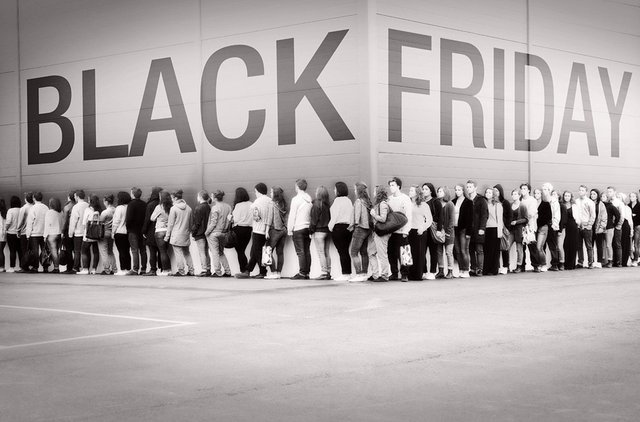
image source
First sale
In 1873, in Lancaster (Pennsylvania), in a small shop worked a young boy named Frank. He was born to a peasant family, lived in a rural backwater, didn't have opportunities to education, besides he was very shy and stuttered. Frank's father helped him find job as a Seller, but the guy hardly suited for this place…
In those days, most goods didn't have fixed prices. The sellers had to determine the creditworthiness of the customer in appearance and in conversation, and then call the final price of the product. For Frank, with his stuttering, it was a hard task, he was threatened with dismissal. But, the store owner said he would not fire him if Frank will earn a daily earnings of the store for his shift, at least once. In desperation, Frank did something that has never been done before: he dumped on the counter all seasonal goods and put a sign "all for 5 cents". Thus, the guy earned 6 daily proceeds.
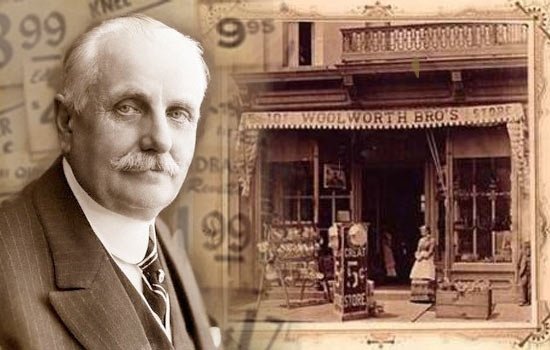
image source
After that Frank started his own company, where all goods had fixed prices and regularly held sales. So there was the largest retail chain Woolworth. It was he, who shaped the present shopping in their present form.
Fourth Friday
In those distant times among major department stores was decided to sponsor the parades, which took place the day after thanksgiving. Thus, they provided themselves a major advertising campaign, after the parade crowds of people fled shopping.
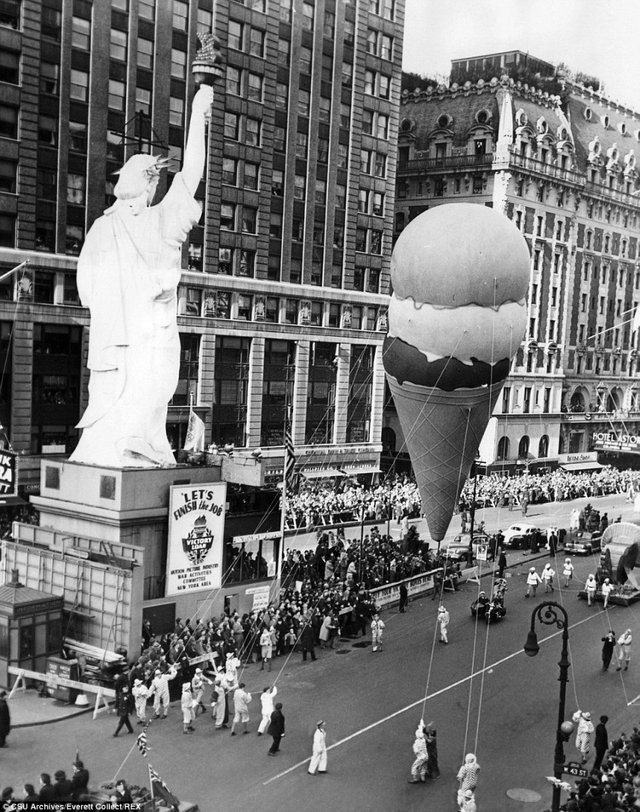
image source
Over time, between all major retail chains was established a tacit rule: Don't start Christmas advertising campaign until the day following the Day of thanksgiving, or rather, before the end of the parade.
In the 30s, tradition to start sales immediately after thanksgiving tottaly entrenched. However, at that time thanksgiving fell on the fifth Thursday of November, and retailers began to complain that there was too little time for shopping before Christmas. In 1939, President Roosevelt decided to change the date of thanksgiving from the last Thursday to the second, but in the end a compromise was reached, and since then, thanksgiving falls on the fourth Thursday of the month.
"Black" means bad
There are several options, all of which have strengthened the name "Black Friday" among people, but they all have different roots.
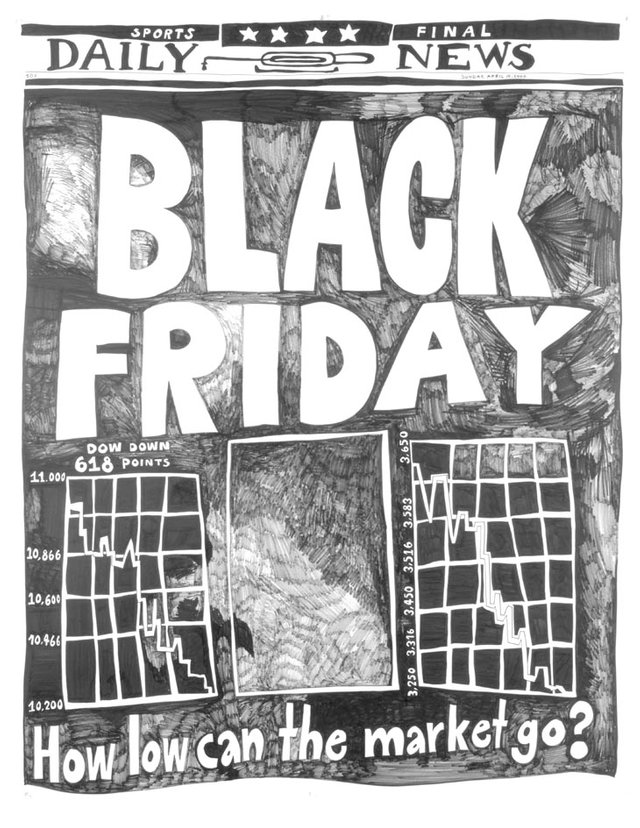
image source
Since the late nineteenth century "black" were called the days of greatest economic and social shocks. For example, on 24 September 1869 forever established the name "Black Friday" (the collapse of the stock exchange, because of the machinations with gold). "Black Tuesday" 29 October 1929 (stock market crash) and "Black Monday" 19 October 1987 (the biggest drop in the Dow Jones in history). So in the minds of Americans the prefix "black" to the day of the week was characterized by serious negative.
Police's version
The police of Philadelphia didn't fail to take advantage by this in 60s. Every year the last Friday of November turned into a real hell for the local guards. All day the city stood in traffic due to people rushing for gifts, and then the whole evening because of the traditional football game between Army and Navy. Patrol and traffic cops were even forbidden to take time off in this day. So they started to call it Black Friday.
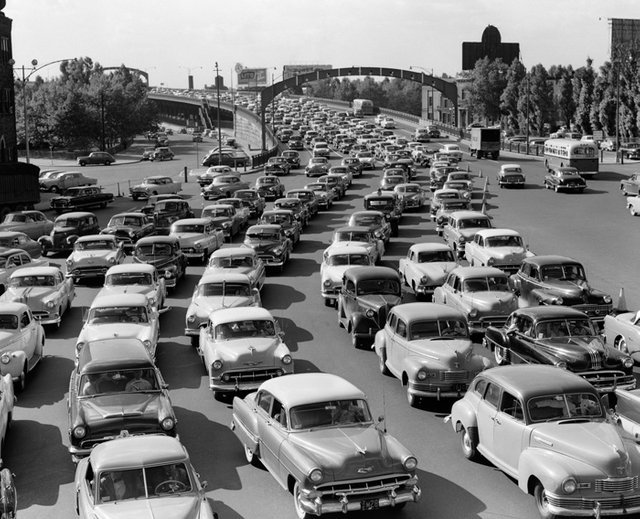
image source
Employer's version
The second negative review this day received from employers: After thanksgiving, many employees requested leave for one day, for various trumped-up reasons to not to spoil a long weekend by one work day (Friday), so the turnout left much to be desired. Many companies in fact had stopped working for 4 days in a row.

image source
Unknown's version
In recent years, has emerged another myth, according to which even in the 1800s southern plantation owners could purchase slaves at a discount the Day after Thanksgiving. This version, for obvious reasons, led to the boycott of this day, but it's not enough evidence.
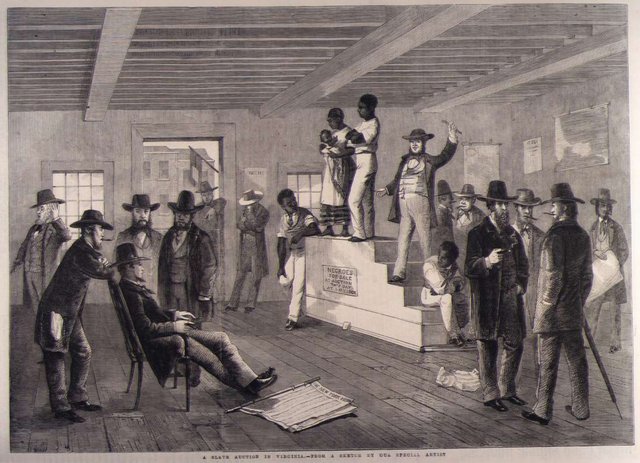
image source
Seller's version
Over time, sellers of large retail chains have tried to give this term a more positive connotation to the mental attitude of buyers. Was proposed Version that the name "black Friday" was invented by the sellers, for a very simple reason: in the American accounting, losses are note in red color, and profit in black. Can guess that Friday after thanksgiving is one of the most profitable periods of the year.

image source
Happily, but dangerous
Undoubtedly, it is a joyful day for buyers and sellers. The first receive 50-80% discounts on the popular categories of goods, and in fact it's the only possibility to buy the desired things. The second ones make the biggest profit of the year. For example, in 2013, shoppers spent nearly $ 60 billion on "Black Friday". According to the statistics 20% of all retail sales occurs in the period between "Black Friday" and Christmas.
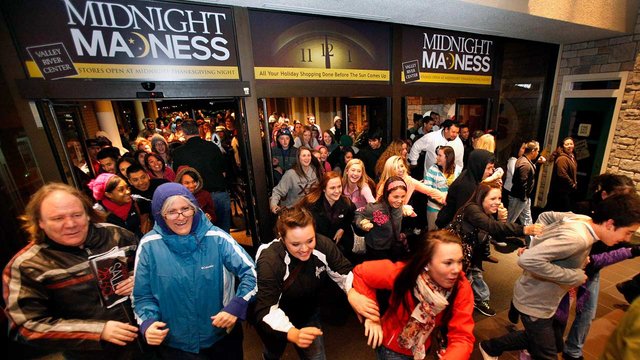
image source
But for some people, this day is really getting black. In the Internet there is a list of those killed and injured on this day, buyers and store employees. The crowd, blinded by the desire of freebies doesn't pay attention to anything. However, it is fair to say that every year this event is increasingly organized, without victims. But, still be careful and attentive to each other.

This post has been ranked within the top 80 most undervalued posts in the second half of Nov 22. We estimate that this post is undervalued by $4.21 as compared to a scenario in which every voter had an equal say.
See the full rankings and details in The Daily Tribune: Nov 22 - Part II. You can also read about some of our methodology, data analysis and technical details in our initial post.
If you are the author and would prefer not to receive these comments, simply reply "Stop" to this comment.
thx for support.
One of the most brilliant ideas if chesto))
sometimes these days are more profitable than in the whole year of trading)
i think this day more profitable every time, last 10 years :)